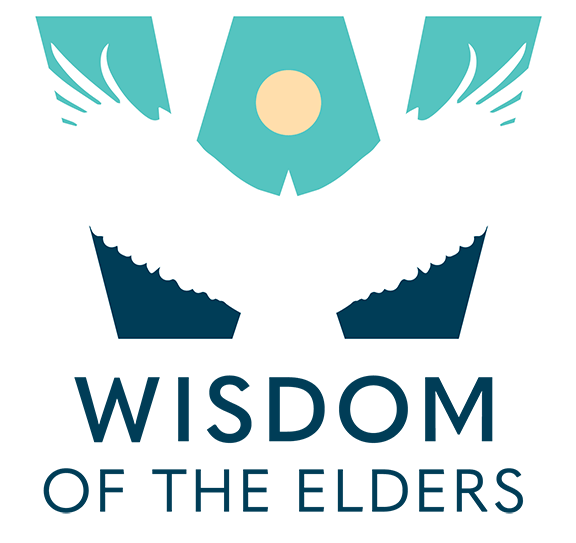Delphine Wood and Marvella Jones
with Rose High Bear
[audio:https://www.wisdomoftheelders.org/prog305/mp3/305_hh.mp3]Arlie Neskahi:
Most of us need more exercise than we’re getting. If you’re like me, you make frequent promises to yourself to get to the gym to work off that last piece of fry bread. But to the person with diabetes, to get more exercise is a life or death commitment. In today’s Health and Healing, Rose High Bear explores an exercise program sponsored by the Confederated Tribes of the Umatilla Indians through the experiences of two very special women.
Delphine Wood:
And I’d get into work at about six-thirty and I would walk on the treadmill for half an hour ah, every day. Then I’d go take a shower, go eat my breakfast and come back for work. That was my daily routine while I was working.
Rose High Bear:
Of Cayuse and Nez Perce descent, Delphine Wood has been active most of her life. But she was diagnosed pre-diabetic in her thirties. But regular exercise and a healthy diet helped her avoid for decades having to take medication. Now in her sixties, Delphine and her friend Marvella Jones, are fighting the disease together.
Wood:
Right now we’re walking in the gym. We get in about a half mile to a mile every time we come up. And then when the weather gets better we have a little area marked off that’s about two miles. And we walk that, in spring and summer, into the fall time.
High Bear:
Umatilla Native Marvella Jones was already legally blind when she was diagnosed with diabetes.
Marvella Jones:
So it was no big surprise. I accepted it. But then through the years it got a little bit tough because I was getting older. I just went to ah, insulin. I asked for it personally for myself, because the pills were getting to the point where, you know, it’s kind of irritating the stomach, upsetting my stomach.
High Bear:
Marvella and Delphine belong to an exercise program sponsored by the Umatilla Reservation’s yellowhawk clinic. Yellow Hawk Health coordinator Brian Bolz helped organize the program so that patients could develop personal exercise regimen’s that suit their needs. It comes with a free membership in the nearby Pendleton Raquetball club, giving them access to training and equipment.
Brian Boltz:
If you get an exercise equipment machine at home, nine times out of ten it turns out a place to hang your clothes. But when you’re up here, you’re surrounded by individuals who are exercising so you’re basically the psyche of it, you’re more apt to exercise on that.
High Bear:
Marvella finds exercise a great way to lift her spirits.
Jones:
We only come three days out of the week. But Delphine and I would come every day if we could.
Wood:
We’re doing the weights, We do the ah, leg press. We do the abs. We do the rowing.
Jones:
I jog in the pool because I can’t run on the ground. She does, aquatics. But me, I like to jog up and down the pool. (chuckles).
Wood:
In the pool I have my own little routine And it’s about twenty minutes worth of exercise, continuous. And by the time I’m through i’m pretty well worn out. But I feel good.
Jones:
I just love it all. I love to exercise.
High Bear:
Sticking to an exercise routine also has the added benefit of reducing anxiety, depression and sleep problems.
Jones:
Actually, it gives me a better ah, outlook on how to take care of myself as long as i’ve had all these, this working out, you know, makes me feel great….Just feel like taking on the world.
High Bear:
So far the Tribe has sponsored 75 tribal memberships at the off-reservation Raquetball club, a place few Native people have frequented.
Boltz:
I’ve seen probably a hundred and fifty to two hundred percent increase in the tribal members who now work out up here. It exposes their kids to this program too.
High Bear:
Perhaps as vital as diet and exercise, their positive outlook helps marvella and delphine stay in control of their disease.
Jones:
Well, I always seem to get stressed out so easily about it. I have my friend, Delphine. We talk about it a lot, you know. But that being frustrated and depressed and, and stressed out a lot (about the disease is, is um, but really is my downfall. So I try to learn to be a little more optimistic about it. But like I say, I’ve got somebody to talk to… my friend.
High Bear:
Special thanks to the Umatilla Tribe’s Yellowhawk Clinic and to the Tribe’s communication director, Debra Croswell.

